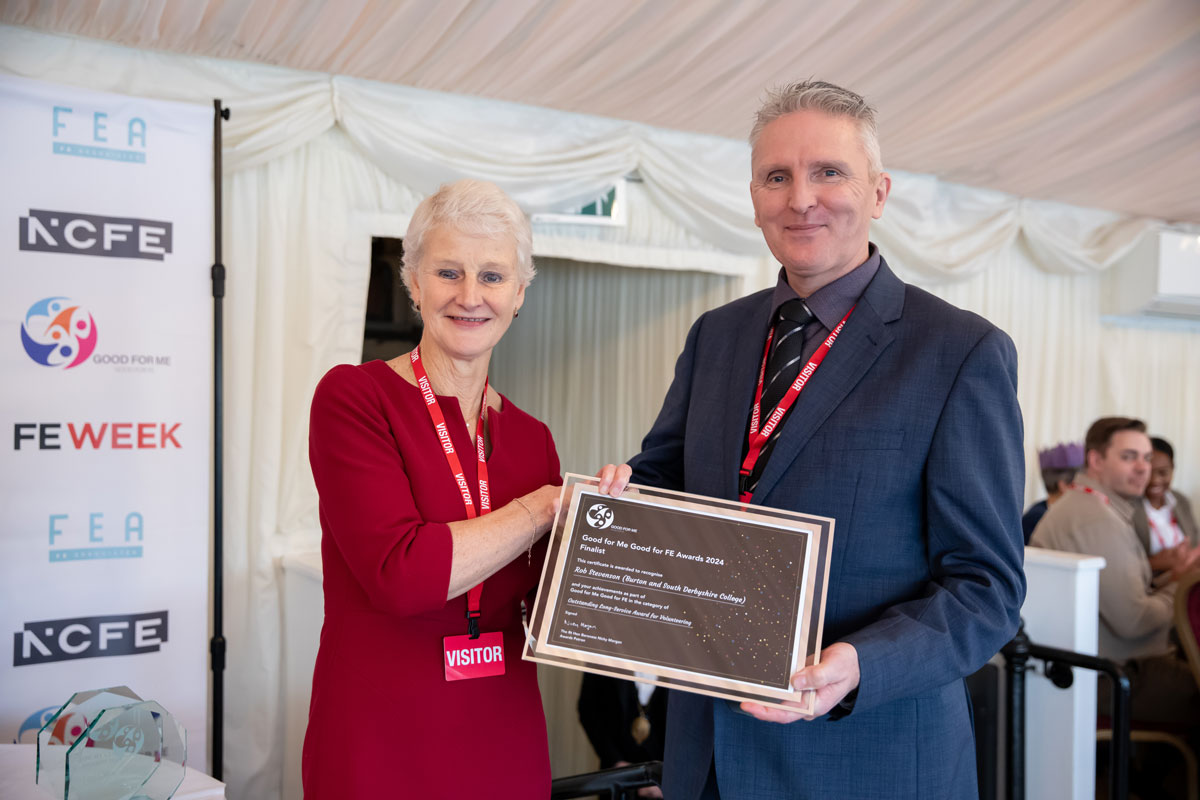Transforming Children and Young People’s Mental Health Implementation Programme

Department for Education has released new data on mental health provision in schools and colleges. This release coincides with it being Mental Health Awareness Week.
The establishment of MHSTs began in 2018 and the number of teams has increased each year as set out in Table 1. The analysis presented in this publication shows coverage up to and including waves 5 and 6 but more teams are being introduced. A further 100 teams are currently training Education Mental Health Practitioners (EMHPs), which means around 500 MHSTs will be up and running by April 2024.
Summary
National
There are 3.4 million pupils/learners who are covered by an MHST in 2022-23 based on schools and college lists returned from MHSTs, which equates to 35% coverage of pupils in schools and learners in FE in England.
There are 6,800 schools and colleges participating in the MHST programme in 2022-23 based on schools and college lists returned from MHSTs, which equates to 28% of schools and colleges in England who are part of the MHST programme.
Coverage of MHSTs at school/college level is lower than coverage at pupil/learner level due to variation in setting size and MHSTs currently working with larger education settings.
Delivery trajectory
Nationally, there are, on average, 8,500 pupils/learners and 17 schools/colleges per MHST, up to and including waves 5 & 6. There are 100 MHSTs that will become part of the programme in waves 7 & 8 (with EMHPs starting training from autumn 2022 and due to become operational in 2023-24).
Assuming the average number of schools/ colleges and pupils/learners per MHST remains constant, we estimate that, including waves 7 & 8, coverage would increase to 44% of pupils/learners and 35% of schools/colleges by the end of 2023-24 i.e., by April 2024.
Read more here.
Sector Response
Sarah Hannafin, head of policy for school leaders’ union NAHT, said:
“School leaders tell us supporting the mental health and wellbeing of their pupils is a key priority but they face significant challenges in doing so. We have long called for the government to speed up the roll-out of mental health support teams which can play an important role to in supporting children and young people before any needs escalate.
“This, combined with inadequate government investment in children’s mental health services and local authority services means many pupils are missing out on early intervention and specialist treatment when they really need it.
“There is a real urgency for additional resources to support the mental health and wellbeing of pupils, including access to fully funded counselling for all who need it. The government also needs to invest much more in community services like early help hubs and in specialist treatment.”











Responses